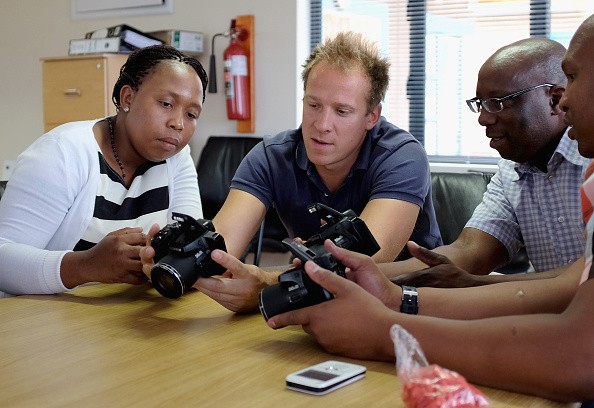Everybody makes mistakes, that is for sure. While some of the photographers are naturally gifted to do amazing work the moment their hands lay on a camera, it just does not work for all of us, especially if you are someone who is just starting out.
There is really nothing wrong with starting and learning from scratch, even if you mess things up a bit. You should not feel bad because almost all newbies start from there. If you also have a penchant for photography and you are just starting out, here are some of the most common mistakes you need to avoid and how you can overcome them.
1. Blowing out the highlights. This one will depend on your camera as well as the location you are shooting in, and according to PetaPixel, avoid metering and blowing out your highlights if you are shooting a scene with very bright spots. Otherwise, you will hardly ever recover details from those highlights.
2. Posing your subjects instead of directing. Instead of posing your subjects and move their head, arms and body, ask them to portray an emotion. By doing this, the photos will look more natural.
3. Ignoring your light source. One of the most important things that many newbie photographers forget is the light. This is the most important ingredient to a great photography. A simple location or backdrop can be turned into something that looks really special so long as there is sufficient lighting.
4. Not close enough. According to Digital Photography School, you should not hover from so far away or your photos will not look good enough. If you are trying to capture landscapes or portraits or photos of whatever type, you can get in closer while using wider angle lens.
5. No subject. It is important for your photos to have substance and you can achieve it by incorporating a beautiful image with an interesting subject matter. Think about the substance that appeals to you and develop it.



























